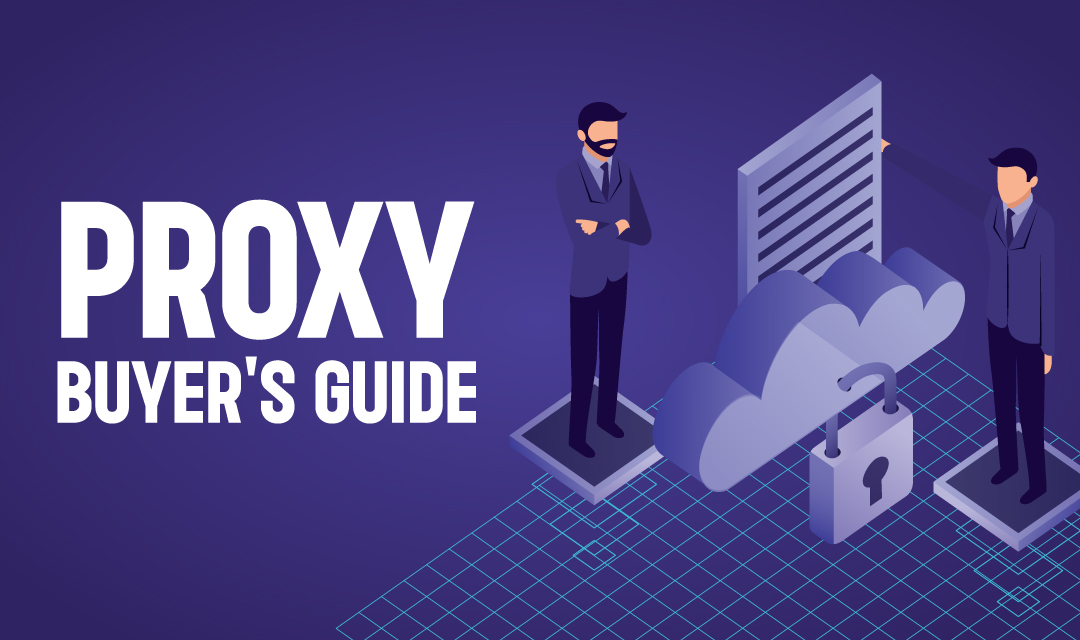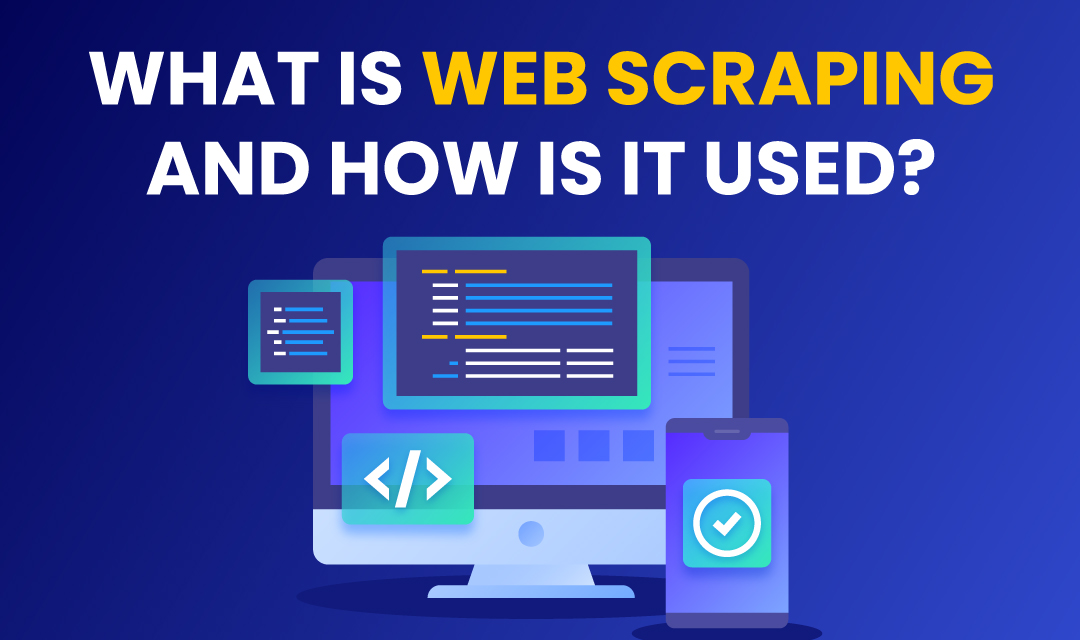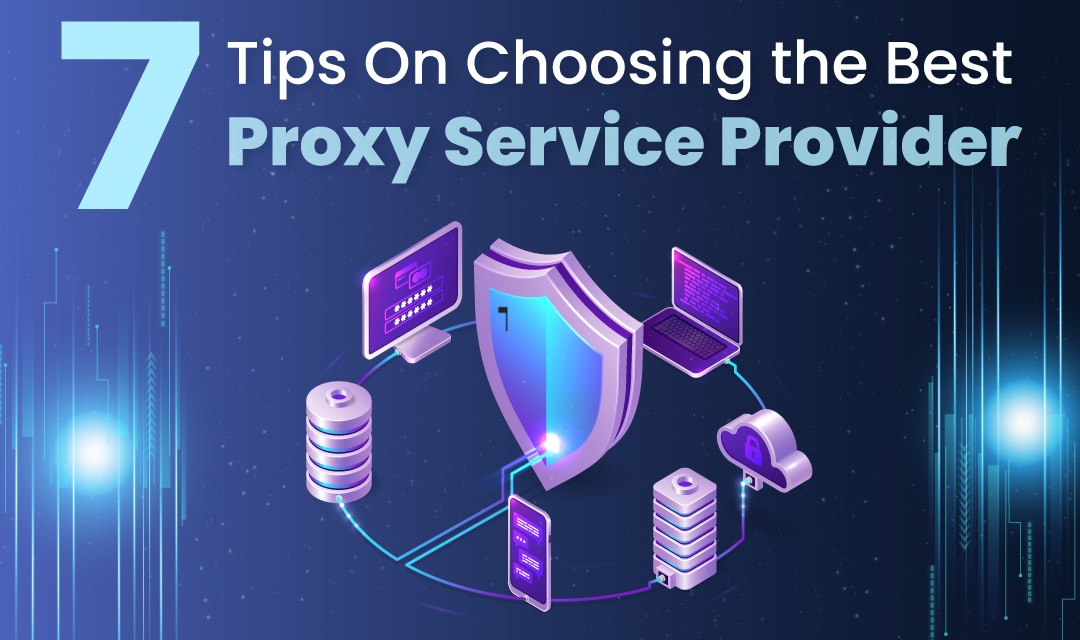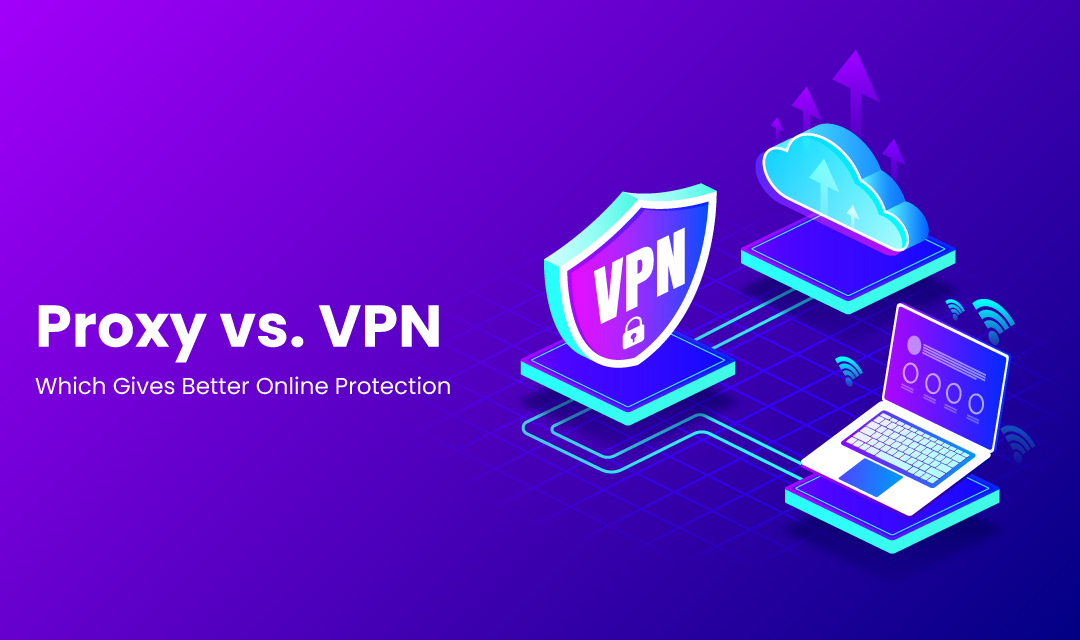
Data is the king of today's business world. From market trends and product prices to news articles and user reviews, the wealth of data available on websites holds immense potential for businesses, researchers, and enthusiasts alike. But amidst this digital abundance, the task of manually collecting and organizing this data can feel like searching for a needle in a haystack. This is where web crawling comes into the show – a powerful technique that offers a solution to this daunting challenge.
In this digital age, where data is the new oil, mastering the art of web crawling opens a whole new world of invaluable insights and opportunities. Whether you're a business looking to gain a competitive edge, a researcher seeking to explore new frontiers, or simply a curious individual eager to delve deeper into the realms of cyberspace, understanding how to crawl data from a website is an essential skill that opens doors to endless possibilities. Having said that, let's unravel the secrets to how to crawl data from a website.
But first things first,
What is web crawling?
Web crawling, also called web scraping, means searching and indexing multiple web pages to gather data for fulfilling various purposes. Web crawlers dive deeply into the links of the web pages to discover new content and extract the desired information, like links, texts, and images. It is used for numerous purposes like content aggregation, search engine indexing, market research, and competitive intelligence. All in all, web crawling automates the data collection process, thereby saving time and the risk of human error.
So, how do you crawl data from a website?
Use crawler tools
There are several ready-to-use web crawler tools that are specially designed for users who are novices in the world of coding and know nothing about it. These tools are convenient to use for all websites and are cost-efficient. They are designed in a manner that even a person with limited technical expertise can use to fetch crucial information systematically. Projects that require extensive web scraping can be handled easily with crawler tools. It allows businesses and researchers to pay more attention to data and derive actionable insights rather than feeling overburdened with the task of extraction.
Use website API
Website APIs empower developers to retrieve and extract relevant information from websites. Several websites offer web scraping APIs, including popular platforms like Facebook, Google, Twitter, and Amazon. However, some websites may not provide APIs, and web scraping helps extract the needed data. On the other hand, there are certain cases where employing an API is more cost-effective than adopting web scraping. Using API provides a more stable and consistent way to access data.
HTML Parsing
HTML Parsing is a technique of data collection that is commonly used to extract data automatically from HTML code. Follow these steps like:
–Inspect the HTML code
Find the page you wish to scrape. Use a developer tool to examine the HTML code of that web page. The code is the combination of specific elements like text, images, headings, paragraphs, and links. The developer tool will help you understand the structure of the HTML code.
Select a parser
When choosing the parsing tool, you have to keep multiple factors in mind. These are – the programming language and complexity of the website's HTML structure. The parser you select for your purposes should be compatible with the programming language you are using for web scraping. Then, parse the HTML and extract the data.
Web Scraping tools
Web scraping tools have revolutionized the ways of collecting and analyzing data from the internet. You can use either an in-house or outsourced web scraper, depending on what your organization needs. Web scraping tools can help in several ways. For instance – gathering product prices from e-commerce sites, monitoring market trends, and compiling reviews, to name a few. You will be saved from countless hours of manual data collection. Therefore, there is nothing wrong with saying that managing and analyzing large datasets is more feasible with the help of web scraping tools.
Headless browsers
Headless browsers allow users to gather web data without using any graphical user interface. Accessing and extracting data using headless browsers is convenient in situations when the data is not readily visible in the website's HTML code. Headless browsers have a set of advantages. One of the significant ones is their ability to interact with dynamic page elements like buttons and drop-down menus, paving the path for a comprehensive data collection process.
Web crawling is a powerful technique for extracting data from websites, offering a wide range of applications from market research to data analysis. By understanding the basics of web crawling, using the right tools, and following best practices, you can efficiently gather valuable data from the web. Remember to always respect the website's terms of service and use ethical practices when scraping data. Happy crawling!
Share this post
Leave a comment
All comments are moderated. Spammy and bot submitted comments are deleted. Please submit the comments that are helpful to others, and we'll approve your comments. A comment that includes outbound link will only be approved if the content is relevant to the topic, and has some value to our readers.





Comments (0)
No comment